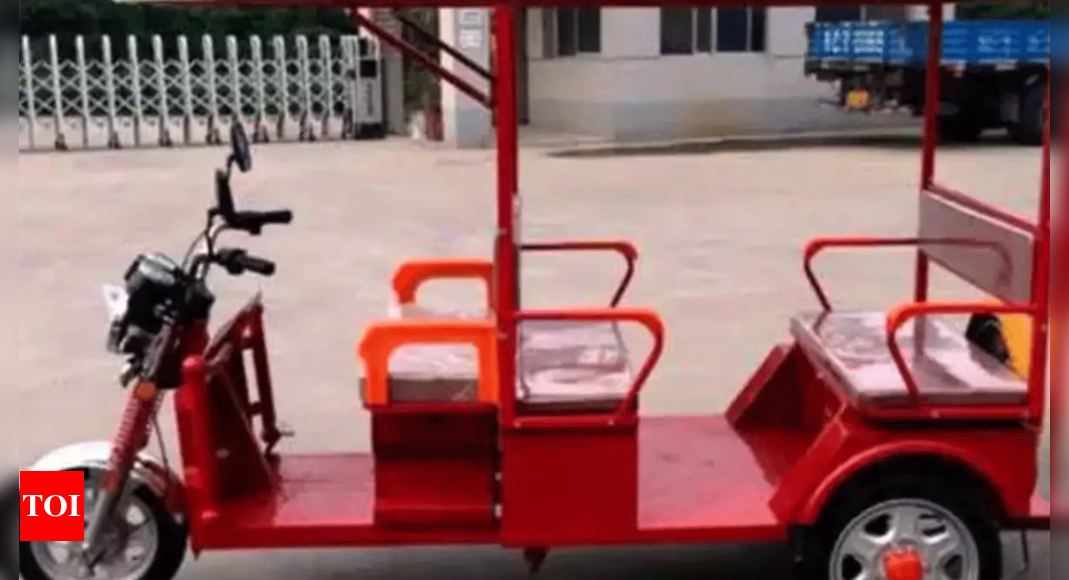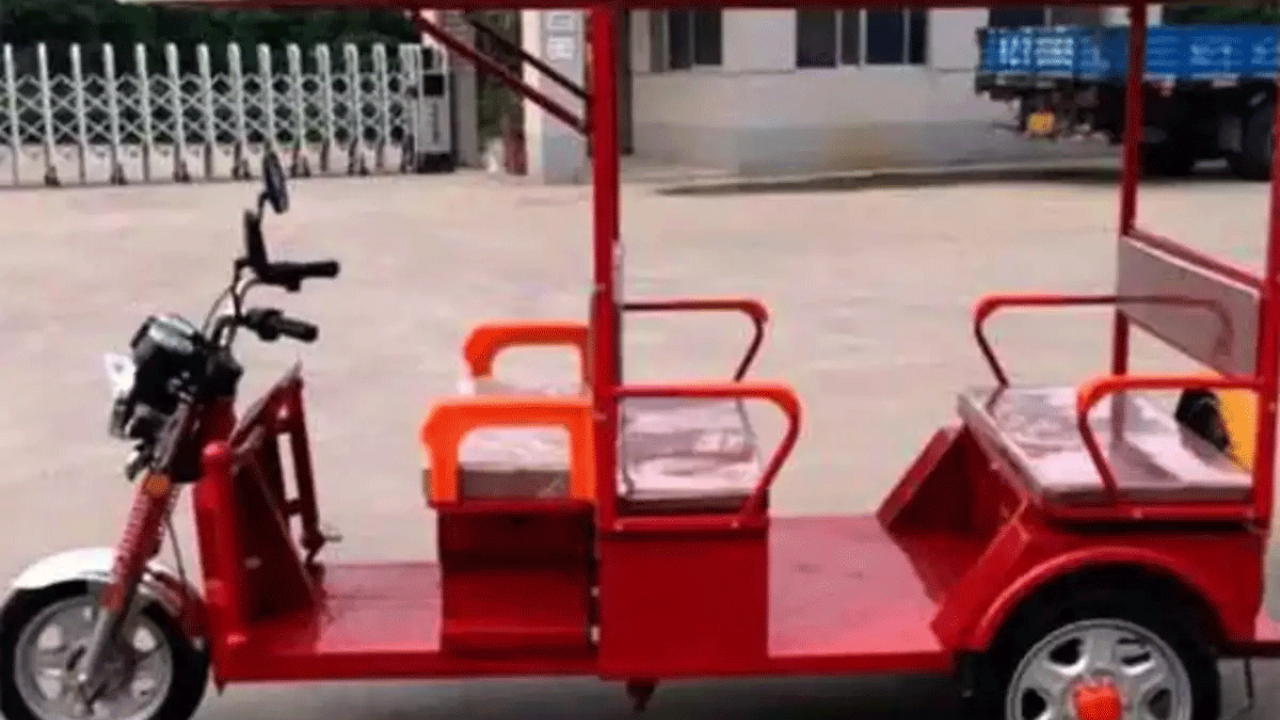[ad_1]
NEW DELHI: As the number of e-rickshaws on the roads climb to almost 15 lakh with the humble vehicle becoming the chief mode of transport for last mile connectivity in both urban and rural areas, govt is now considering improvements in design for their stability and better passenger safety.
There have been several instances of e-rickshaws overturning sometimes on account of speeding beyond their permissible limit.
As per the motor vehicle law, e-rickshaws and e-carts can’t run at more than 25 kmph and fitment of speedometer is mandatory. These are also not allowed to carry more than four passengers since overloading can impact the stability of these vehicles.
Sources said the PMO recently took a meeting on e-rickshaws and has directed the road transport ministry to study all aspects of e-rickshaws and take corrective measures. They added that the PMO has also asked the ministry to find out factors behind the popularity of this transport mode and takeaways from their success. Currently, there are more than 400 e-rickshaw manufacturers in India.
Sources said some of the measures being considered to improve safety are increasing the width of these e-vehicles for better stability and streamlining the fitness testing regime and production conformity test of vehicle models every three and two years respectively.
Official data show that the registration of e-rickshaws in 2020-21 was barely 78,700 and in 2022-23 around 3 lakh such vehicles were registered. Similarly, during the last financial year, around 4 lakh e-rickshaws were registered.
“These have become popular across the country and are a source of generating employment. But there are also certain concerns that need to be addressed. These include congestion, instances of toppling while passing over speed-breakers and potholes. Carrying more than four passengers excluding the driver is rampant and there have been instances of these vehicles running at speeds of more than 25 kmph,” said a source.
There have been several instances of e-rickshaws overturning sometimes on account of speeding beyond their permissible limit.
As per the motor vehicle law, e-rickshaws and e-carts can’t run at more than 25 kmph and fitment of speedometer is mandatory. These are also not allowed to carry more than four passengers since overloading can impact the stability of these vehicles.
Sources said the PMO recently took a meeting on e-rickshaws and has directed the road transport ministry to study all aspects of e-rickshaws and take corrective measures. They added that the PMO has also asked the ministry to find out factors behind the popularity of this transport mode and takeaways from their success. Currently, there are more than 400 e-rickshaw manufacturers in India.
Sources said some of the measures being considered to improve safety are increasing the width of these e-vehicles for better stability and streamlining the fitness testing regime and production conformity test of vehicle models every three and two years respectively.
Official data show that the registration of e-rickshaws in 2020-21 was barely 78,700 and in 2022-23 around 3 lakh such vehicles were registered. Similarly, during the last financial year, around 4 lakh e-rickshaws were registered.
“These have become popular across the country and are a source of generating employment. But there are also certain concerns that need to be addressed. These include congestion, instances of toppling while passing over speed-breakers and potholes. Carrying more than four passengers excluding the driver is rampant and there have been instances of these vehicles running at speeds of more than 25 kmph,” said a source.
[ad_2]

